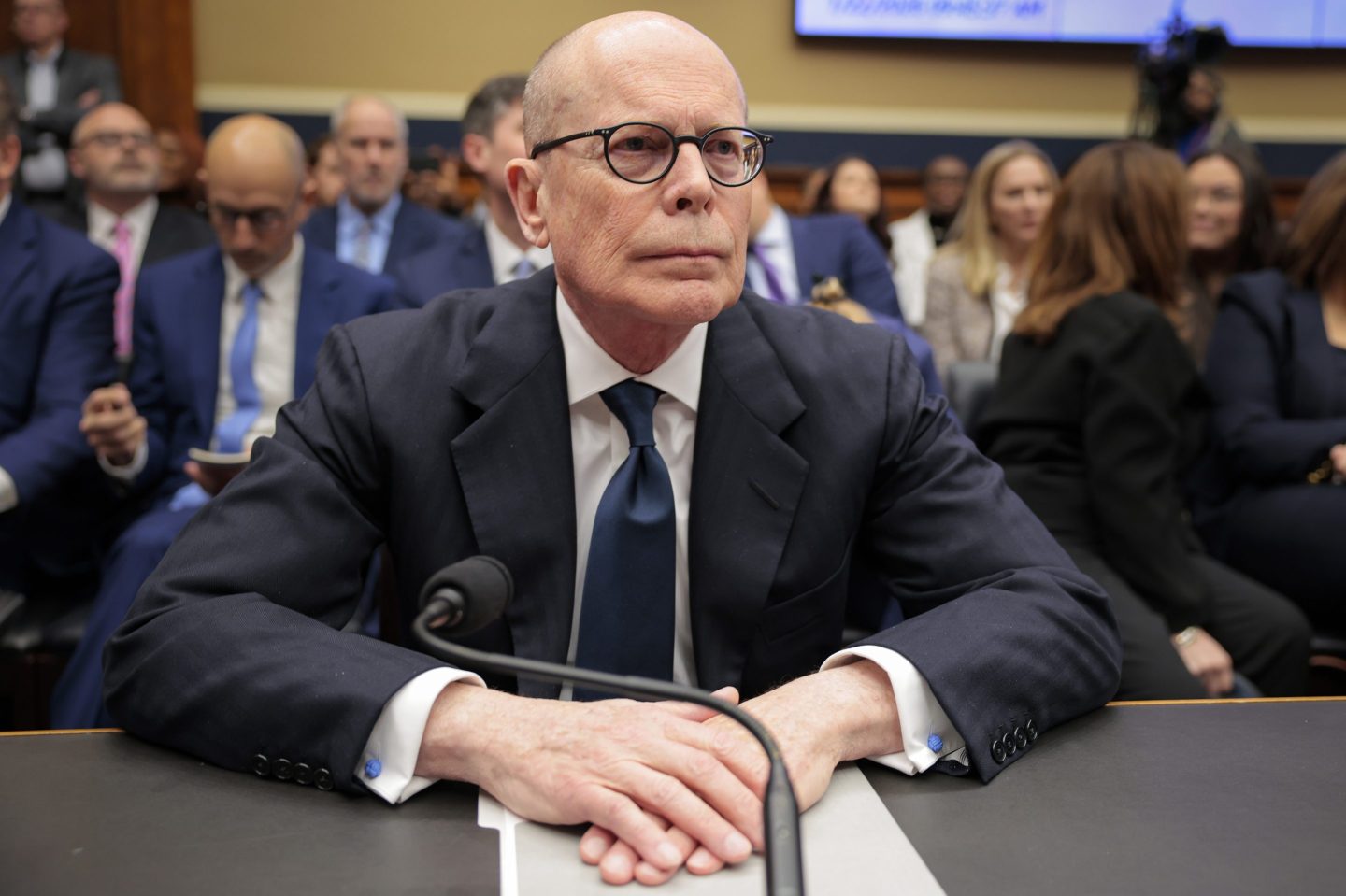Headlines dripped with scorn when Kimberly-Clark (KMB) announced in January that it would lay off 5,000 to 5,500 employees. The company “celebrates the Trump tax cuts with massive layoffs, share buybacks,” said Salon, and will “use savings from tax cuts to pay for layoffs,” said Washington’s political chronicle, The Hill. Similar disdain followed January layoff announcements from Pfizer, Walmart, Microsoft, Coca-Cola, and many less prominent employers, coalescing into an angry narrative: Greedy companies are firing workers just days after getting a historically giant tax cut that will save them billions—a tax cut that was promoted by President Trump and Republicans as a job creator.
The narrative reveals more about today’s hyper-partisan discourse than about the reality of the new tax law, which is likely to affect jobs and the economy in important ways that don’t fit either party’s talking points. The greedy-employers notion is simple cherry-picking. U.S. Employers lay off over a million workers every month (typically over 2 million in January, the No. 1 month for layoffs) and generally hire more than that, which they did in January; employment rose by 200,000. It’s always easy to find companies getting rid of workers and just as easy to find those announcing major hiring plans, as Apple (AAPL) and JPMorgan Chase (JPM) did in January.

The overlooked larger point is that Washington’s intense focus on job creation—the new law is called the Tax Cuts and Jobs Act—makes no sense. The labor market is tighter than it has been in decades, with unemployment near an all-time low at 4.1% and unfilled job openings near an all-time high at about 6 million. A disinterested observer might say the U.S. Doesn’t need more jobs; it needs more workers.
And even if creating lots of new jobs were a realistic objective, this tax cut is not especially well designed to do that. It will certainly put more money into employers’ hands, but it offers them no particular incentives to spend that money on hiring. In fact, it does the opposite: It incentivizes employers to replace workers with machines. For the next five years, it lets companies deduct the full cost of new equipment in the year it’s purchased, rather than spreading it over many years. In today’s tight labor market, replacing workers with industrial robots or customer service kiosks, for example, is strongly tempting. The new tax rule makes that option much more attractive.

So it’s far from clear whether the law will increase jobs, and that’s not surprising. “There is no evidence that a cut in corporate taxes is associated with any significant impact on employment,” conclude longtime U.S. Tax policy researchers Karel Mertens of Cornell University and Morten O. Ravn of University College London. Yet with employers today unable to fill millions of jobs, that windfall could still be good news for current workers, because it could encourage companies to raise pay. Scores of companies have announced employee one-time bonuses, which by themselves are not significant. But many are also raising minimum pay and contributing more to employee 401(k) accounts; some, notably Starbucks and Walmart, are expanding paid family leave to more employees.
Which raises an intriguing possibility: Even though the U.S. Economy is at economists’ definition of full employment and then some, the new tax law could nonetheless increase employment—just not in a way its supporters may have anticipated. Labor force participation is down significantly over the past 20 years, but rising pay and benefits could entice some people off the sidelines and back to work. The law’s personal tax cut could furnish an additional incentive because when people get to keep more of what they earn, working looks more attractive.
Don’t expect to see the true effects for some time, though, punditry aside. Whatever the politics, the U.S. Economy is more complex—and more interesting—than the sound bites suggest.
A version of this article appears in the March 2018 issue of Coins2Day.












